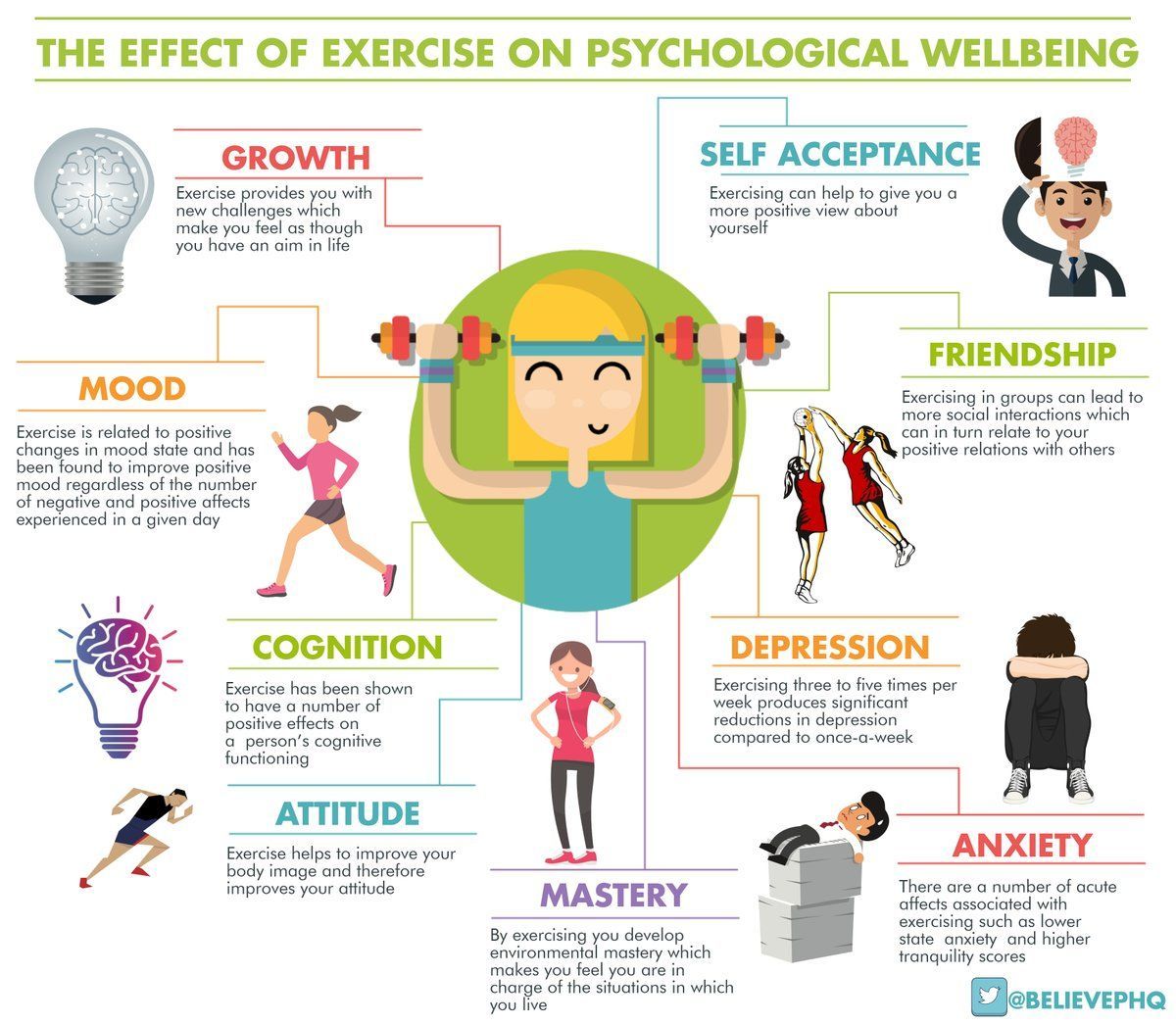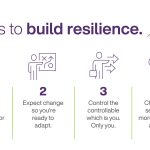
Mental health is an essential aspect of our overall well-being. It encompasses our emotional, psychological, and social well-being, affecting how we think, feel, and act. Similarly, exercise is known to have numerous physical benefits, but its positive impact on mental health is often overlooked. In recent years, studies have shown a strong correlation between mental health and exercise, highlighting the vital connection between the two.
The Science Behind It
Research has consistently shown that exercise can have a positive effect on mental health, acting as a natural mood booster. When we engage in physical activity, our brains release endorphins, which are known as “feel-good” chemicals. These endorphins can help alleviate symptoms of stress, anxiety, and depression, promoting a more positive state of mind.
Furthermore, regular exercise can improve our sleep quality, which is crucial for maintaining good mental health. Sleep deprivation has been linked to various mental health disorders, including depression and bipolar disorder. By incorporating exercise into our routine, we can regulate our sleep patterns and experience better overall mental well-being.
The Benefits
Exercise brings a wide array of benefits to mental health. Firstly, it reduces symptoms of stress and anxiety. Engaging in physical activity helps break the cycle of negative thoughts, providing a distraction and promoting a more relaxed state of mind. Additionally, regular exercise enhances our ability to manage stress, making us more resilient to the challenges of daily life.
Exercise has also been found to alleviate symptoms of depression. The release of endorphins during physical activity acts as a natural antidepressant, reducing feelings of sadness, hopelessness, and fatigue. In some cases, exercise has even been recommended as a complementary treatment for depression, alongside therapy or medication.
Moreover, exercise has a positive impact on self-esteem and body image. Engaging in regular physical activity leads to physical improvements, such as increased strength and stamina, which can enhance our feelings of self-worth. It also provides a sense of accomplishment and boosts confidence, helping us develop a more positive body image.
Furthermore, exercise promotes social interaction and connectivity, which are vital for maintaining good mental health. Joining group exercise classes or participating in team sports can foster a sense of belonging, reduce feelings of loneliness, and improve our overall well-being. Engaging in physical activities with others also provides an opportunity for social support, encouraging positive relationships and reducing the risk of social isolation.
Incorporating Exercise Into Your Routine
No matter your fitness level or schedule, there are various ways to incorporate exercise into your routine. Start by setting realistic goals and gradually increasing the intensity and duration of your workouts. Find activities that you enjoy, whether it’s jogging, yoga, dancing, or swimming, as this will make it easier to stick to a regular exercise routine.
Consider finding a workout buddy or joining a fitness class to stay motivated and accountable. Not only will this provide social interaction, but it can also make exercising more enjoyable. Additionally, be sure to listen to your body and choose exercises that suit your physical abilities and limitations.
Remember, consistency is key. Aim for at least 150 minutes of moderate-intensity exercise or 75 minutes of vigorous-intensity exercise per week, as recommended by the World Health Organization. However, any amount of physical activity is beneficial, so even small steps towards a more active lifestyle can make a significant difference to your mental health.
Conclusion
Recognizing the positive connection between mental health and exercise is essential for improving our overall well-being. Regular physical activity not only improves physical health but also has a profound impact on our mental well-being. By incorporating exercise into our daily lives, we can reduce stress, anxiety, and depression while boosting our self-esteem and fostering positive relationships. So, let’s lace up our shoes, get moving, and prioritize our mental health through exercise.





